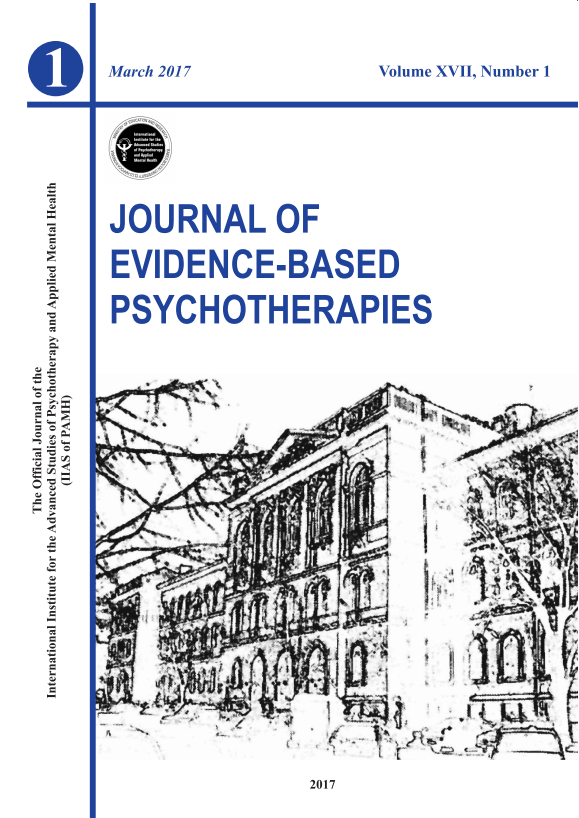Daniel DAVID* & Cristina MOGOAȘE
Babes-Bolyai University, Cluj-Napoca, Romania
Abstract
Acceptance and Commitment Therapy (ACT) emerged as a “third wave” cognitive-behavior therapy (CBT) and rapidly gained popularity and empirical support. However, the assumptions underlying it as a scientific program may be debatable. This article critically discusses its philosophical foundation, putting under scrutiny the a-ontology as the critical contextual feature of ACT. We first briefly summarize the standard view of science, discussing the main components of any scientific system (including psychotherapy). Then we outline the ACT’s philosophical assumptions and clarify the concept of a-ontology. In the last part of the article we point out key theoretical and practical implications that the a-ontological position has for ACT’s development as a scientific system. We conclude that adhering to a strictly conservative a-ontology position could put at risk the ACT’s development as an evidence-based psychotherapeutic program.
Keywords: Acceptance and Commitment Therapy (ACT), philosophy of science, a-ontology, evidence-based psychotherapy
